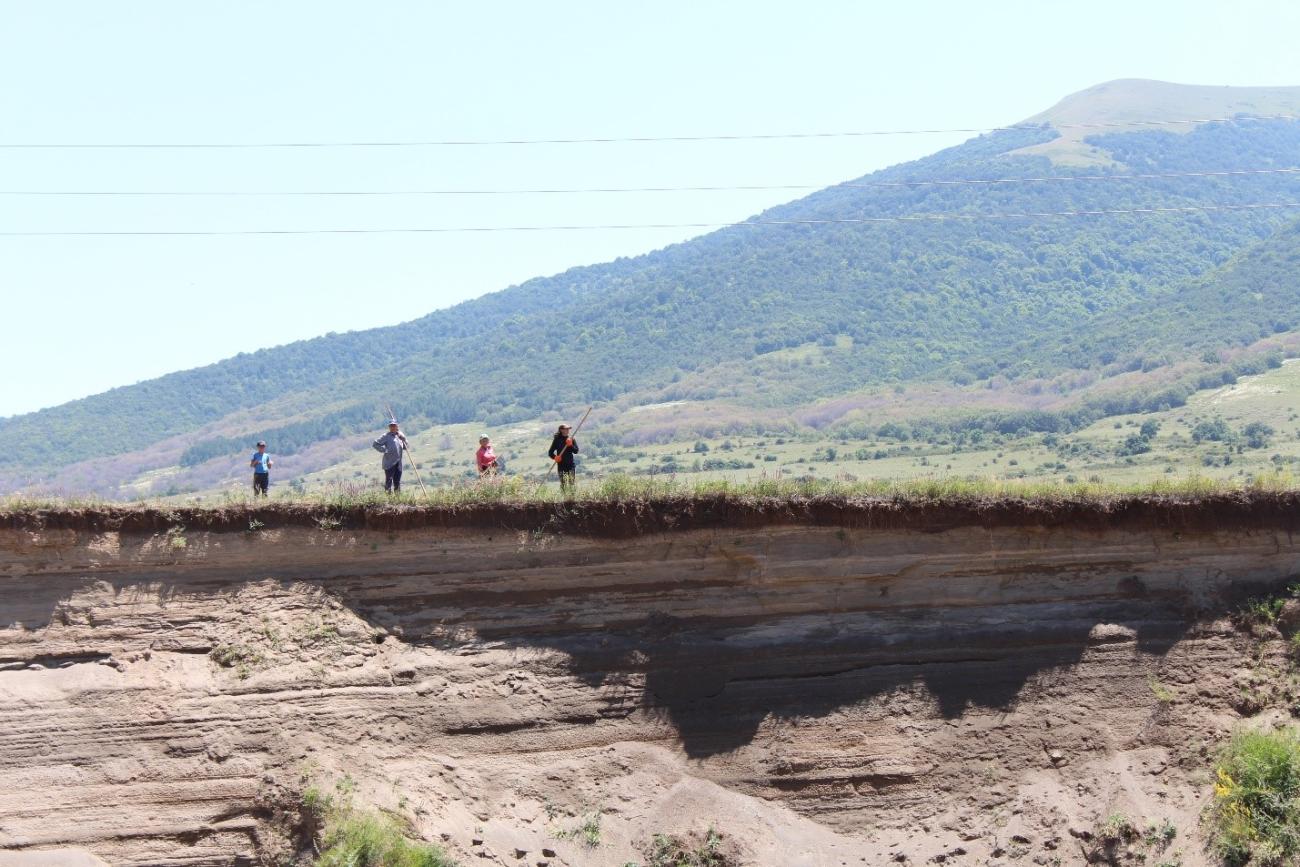The Food and Agriculture Organization of the United Nations (FAO), in partnership with the Ministry of Environment of Armenia, held a workshop to officially kick-off a project aimed at supporting Armenia in providing a comprehensive solution to land degradation in the country.
The project entitled “Implementation of Armenia’s Land Degradation Neutrality Commitments through Sustainable Land Management and Restoration of Degraded Landscapes” is funded by the Global Environment Facility (GEF) and implemented by FAO in partnership with the Environmental Projects Implementation Unit under the Ministry of Environment of Armenia.
“This project will be a key milestone in promoting land degradation neutrality in Armenia. It is an important contribution to increasing sustainable land management and achieving the Sustainable Development Goals in Armenia,” said Carolina Starr, Lead Technical Officer at FAO Regional Office for Europe and Central Asia. “Ensuring sustainable land management is the foundation to achieve better production, better nutrition, better environment resulting in better life.”
Land degradation and desertification in Armenia are driven by both natural and anthropogenic (man-made) factors. Nature itself contributes to degrading lands through droughts and sandstorms, lack of precipitation caused by unequal distribution of seasonal and regional rainfall, naturally occurring salinization, as well as floods and landslides during the rainy periods. Human-induced causes of degradation include inefficient agricultural practices, such as lack of crop rotation, inefficient use of irrigation techniques, overgrazing of pastures, and violation of ploughing rules, and also illegal logging, overuse of groundwater resources (artesian wells), soil contamination, as well as mining, urban development, and road construction.
In addition to the on-going land degradation processes, climate change is increasing the risks for the agriculture sector in the country, exacerbating land degradation processes unless action is taken.
This project is following a landscape approach in line with GEF’s vision to foster sustainable integrated landscapes to achieve land degradation neutrality. Working at the landscape level allows problems to be addressed in a multifaceted way, integrating sectors, involving several stakeholders and working at different scales – tackling the underlying causes of land degradation and challenges related to food security and not just the symptoms.
A wide range of state and non-state actors playing an active role in promoting Armenia’s land degradation neutrality and climate change initiatives gathered at the workshop and welcomed the initiative, including representatives of the Ministries of Environment, Economy, and Territorial Administration and Infrastructure; the project funding and implementing agencies; civil society; academia; and the private sector, and others.






